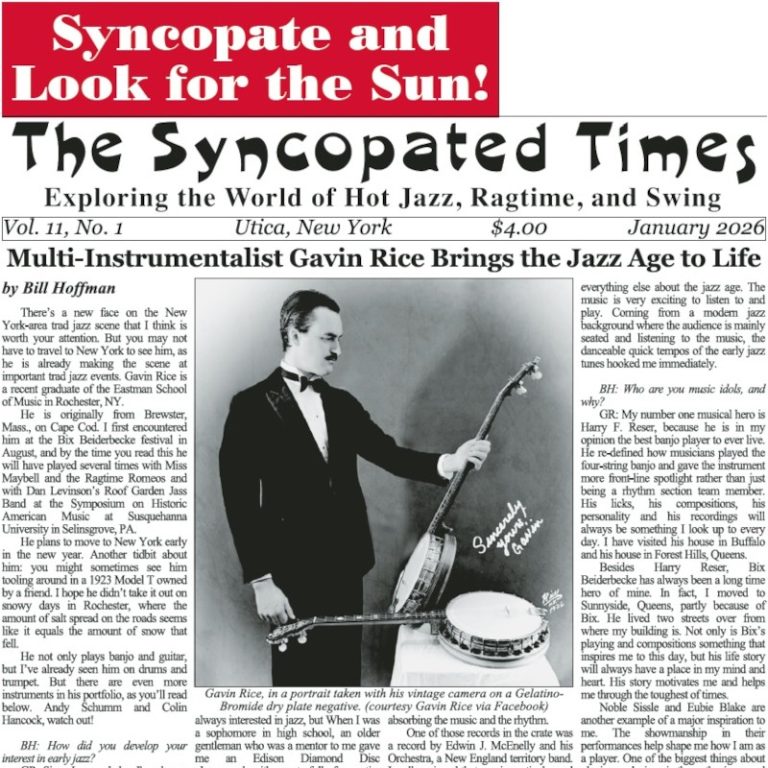For what, and by whom, you may ask, is Irving Berlin owed an apology? Glad you asked. In the immortal but likely apocryphal words of lightning-struck St. Paul, after he ceased being Saul of Tarsus on the Damascus Road, “Something happened to me yesterday.” I cite the writer of Corinthians because what happened to me yesterday carried equal revelatory force.
Please hear me out. I was listening to records by my current favorite jazz singer, Annette Hanshaw, and came upon her 1927 recording of Irving Berlin’s “The Song Is Ended.” At first, I thought I was playing the wrong song because it began:
My thoughts go back to a heavenly dance
A moment of bliss we spent
Our hearts were filled with a song of romance
As into the night we went
And sang to our hearts’ content
Of course, it didn’t take me long to realize that what I was hearing—for the first time!—was the song’s verse. Or maybe it should be called a bridge because it is as splendid as San Francisco’s Golden Gate. One thing for sure: Berlin was taking careful pains—or maybe painful care—to contextualize the song. His verse is meant to prepare the performer and audience alike for one of the greatest lost-love lyrics of all time. And it also explains the song’s raison d’etre:
The song is ende
You've read three articles this month! That makes you one of a rare breed, the true jazz fan!
The Syncopated Times is a monthly publication covering traditional jazz, ragtime and swing. We have the best historic content anywhere, and are the only American publication covering artists and bands currently playing Hot Jazz, Vintage Swing, or Ragtime. Our writers are legends themselves, paid to bring you the best coverage possible. Advertising will never be enough to keep these stories coming, we need your SUBSCRIPTION. Get unlimited access for $30 a year or $50 for two.
Not ready to pay for jazz yet? Register a Free Account for two weeks of unlimited access without nags or pop ups.
Already Registered? Log In
If you shouldn't be seeing this because you already logged in try refreshing the page.




